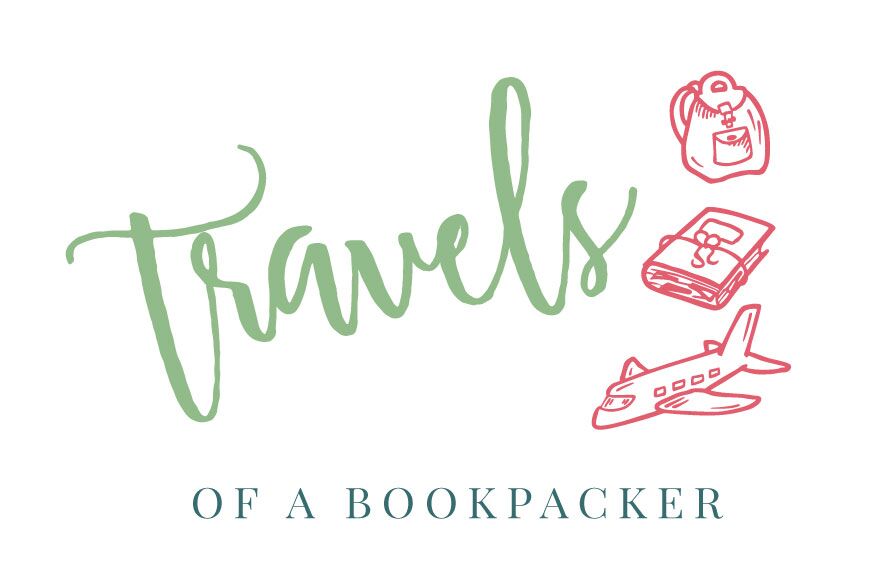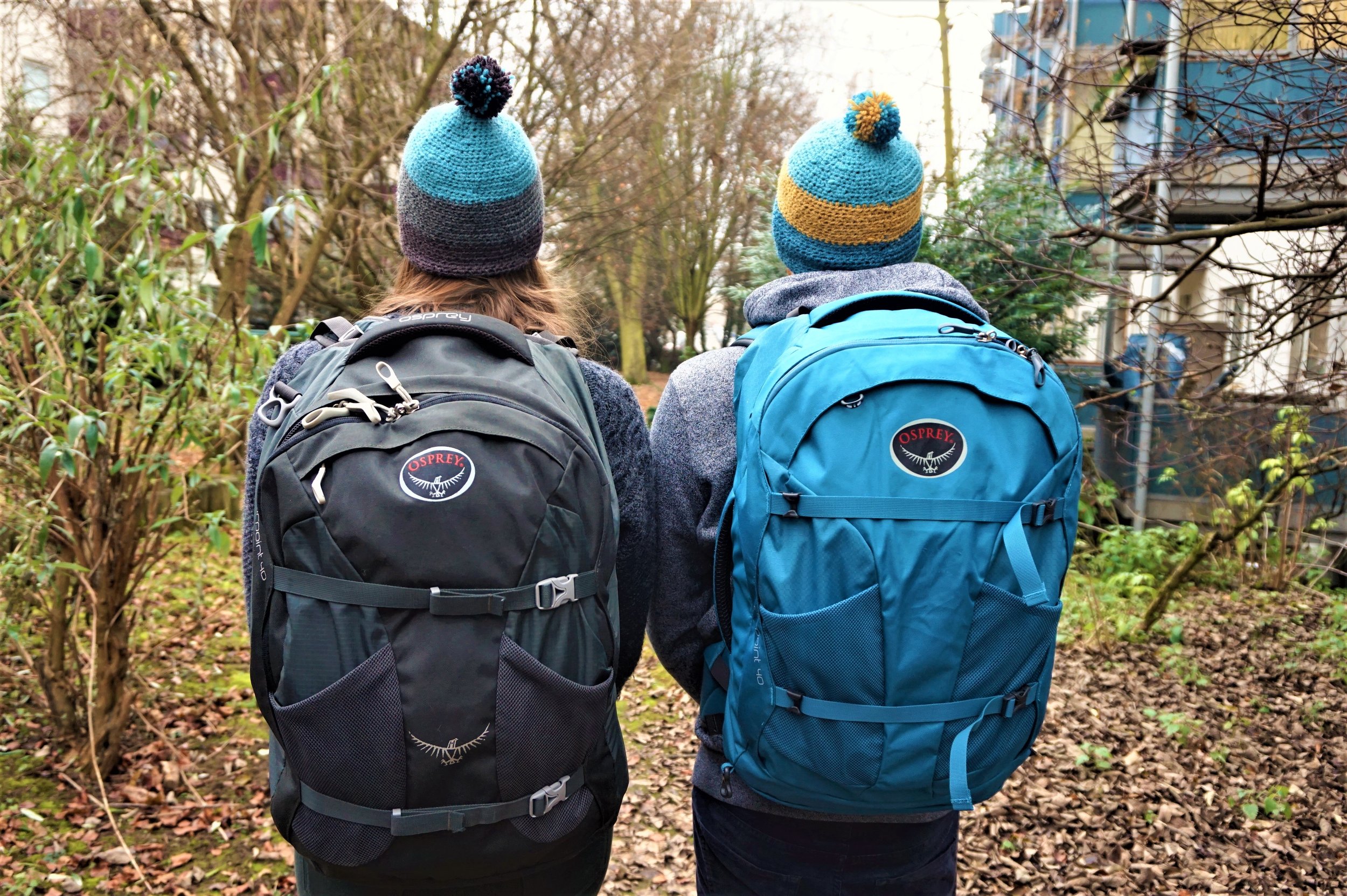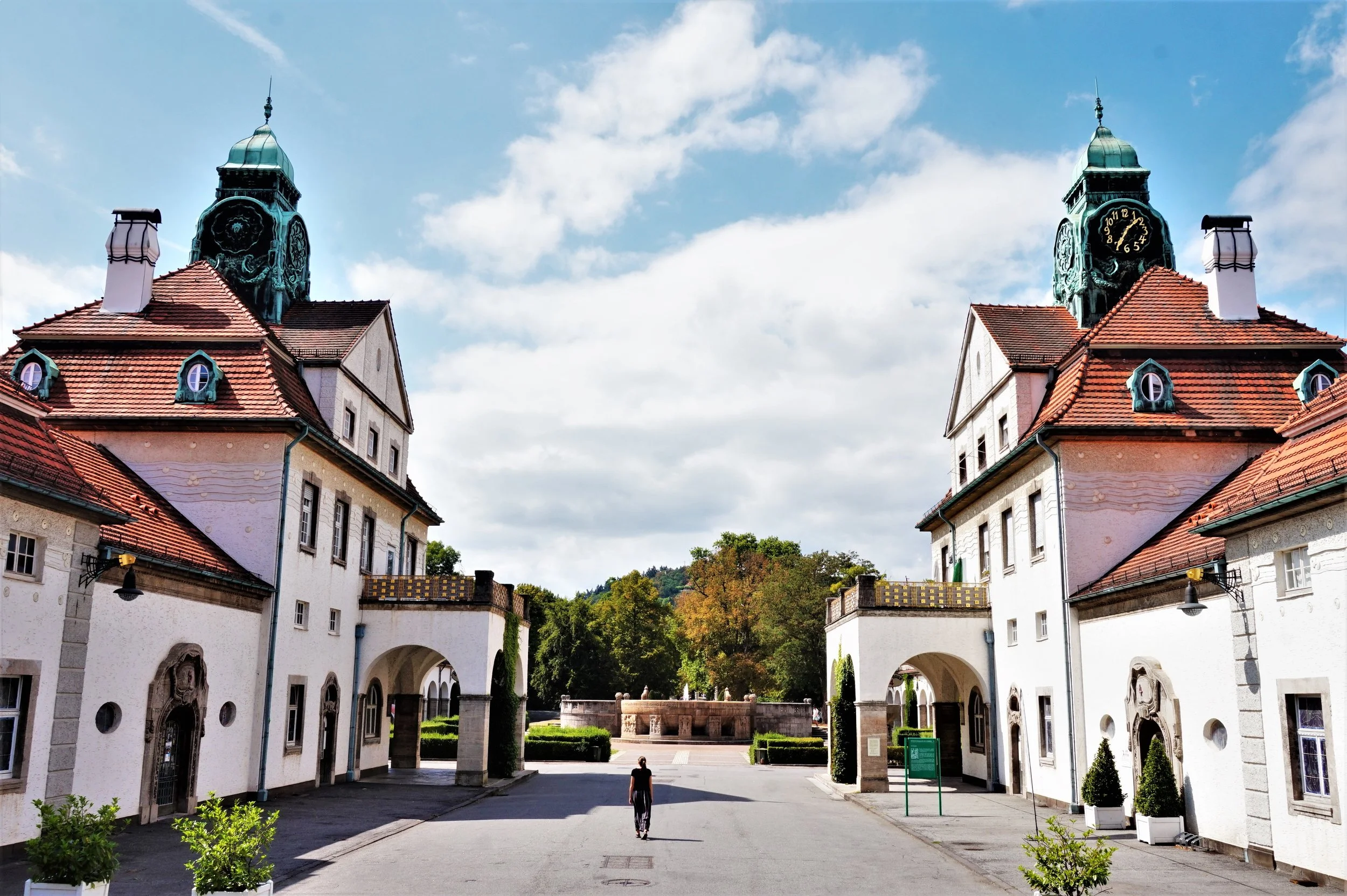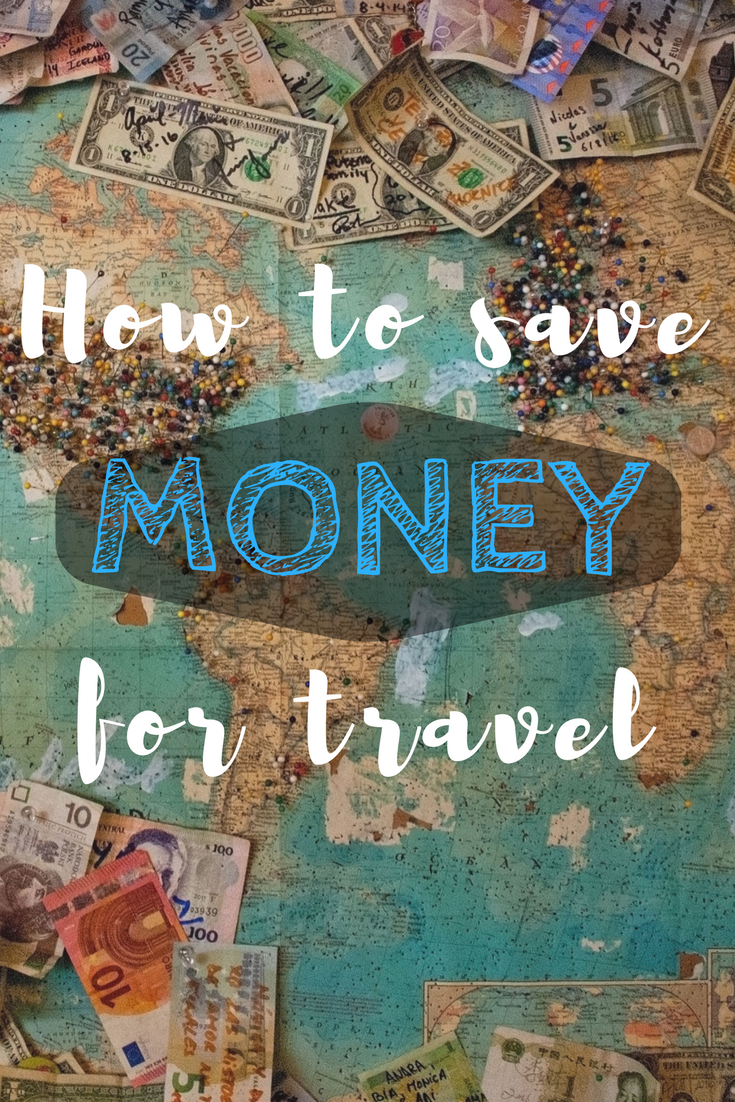How to Save Money for Travel
Money is often something people are too scared to ask about but it is an essential part of travel. I think it's really valuable for travellers to be open about their savings and budgets in order to help others decide what's realistic and possible for them. So here is an honest account of how we save money for travel and our plans for sticking to a budget on the road.
In preparation for our world trip we have, of course, done a bit of saving! Our online research has told us we should expect to spend roughly €1000 per month per person. Obviously this will change depending on our location, mode of transport and motivation to stick to a budget! So we set ourselves the target of €15,000 (each) before we leave. After almost two years we have safely made that and are hoping to have closer to €25,000 each when we set off.
The best part is we didn't even change our lifestyles too dramatically. Over the last two years we've still travelled to Cuba, Russia, the USA, New Zealand, Kazakhstan and many other countries around Europe. We still eat out at restaurants and spend nights out with friends. So how did we save over €20,000 in two years?
A bit of luck
Travelling on a budget in the Bay of Kotor, Montenegro.
We are both really lucky to have decently paid jobs. I teach in an international school and Max is a social worker. Both jobs also come with decent holidays, especially the teaching!
We lived in Germany which, although not cheap, has a very affordable cost of living compared to many countries. I still have a student loan which I'm drip feeding but mostly ignoring and Max reaped the benefits of being German and has no student debt!
Shared Living
It's not glamorous and if we weren't saving we would probably have our own place. But it does save us a huge amount of money, we would be paying at least double in our own place.
We moved into a pre-established flat so also saved a lot of costs for kitchen items etc. Our furniture we bought second-hand or found on the side of the road (sounds strange, but it's very common in Germany to just leave unwanted furniture outside your house for rubbish collection.) Our place isn't perfect but it's spacious, warm, close to town and, most importantly, cheap.
Preparing Food
Amazing homemade brunch with friends - about a quarter of the price of going out!
Another bit of luck is that mine and Max's work both provide us with food. But before they did I took my lunch to school with me everyday. We (*read: Max) cook at home most nights and eat the leftovers on weekends. Supermarket shopping is very affordable in Germany and with some culinary creativity we can live off just €50 a week between us. We still go out for dinner and coffee often but try to limit to once a fortnight.
A Small Change Jar
Germany is a cash-based society so we end up with a lot of small change. This is a great way to save money for travel without realising! We made a rule that we would put anything under 50c in the jar. Ok we didn't save millions but for no effort and barely noticing we now have around €200 in our 'petrol fund' for the van.
Lack of Material Things
We will carry everything we own in 40L backpacks.
This is something that is really not for some people. But with years of being a student, having poorly paid jobs and travelling I've managed to detach myself from a lot of material things. I don't own hundreds of pairs of shoes (just a few of good travel shoes) , lots of jewelery, a DVD collection or all the nick nacks that accumulate over the years.
I've moved around so often that all of my possessions fit into a backpack. I need to do some downsizing after two years in Frankfurt but I don't feel an emotional attachment to most of my stuff. Even my precious books are all second hand and I'm happy giving them away once they've been read.
use a Savings Account
This may seem obvious but I make sure my money goes to a separate savings account. I transfer a certain amount every payday so when I'm looking at my 'available' spending money for the month I see the amount I can actually spend after saving. Any money left at the end of the month also goes into savings. All my flights, travel and purchases come out of this spending money each month. Once money is in my savings account it doesn't come out!
minimalist Beauty Regime
Going make-up free during travels in Guatemala.
Again, this is more suited to some people than others. I've never been much of a girly girl but over the last few years I've reduced my beauty regime to the bare basics. I use shampoo (I stopped using conditioner last year)and shower gel in the shower. I wear mascara and sometimes eyebrow pencil to work and have a SPF30 moisturiser for summer. And that's it. I cut my hair once a year, have never had my nails done and don't own foundation. Sure, I'm no glamour model but I work with kids and they're impressed by my colouring skills rather than my looks. Not for everyone but for a few extra days travel it's worth it for me.
Cutting Costs While Traveling
We also plan to travel on a budget to extend our trip as long as possible. So here are some ways we're going to try.
Van Travel
We invested in a van a while ago and plan to spend the first five months of our trip living in it. This obviously saves us money on accommodation and potentially transport. It also gives us the freedom to visit smaller towns where things are often cheaper. I've written an article about everything you need for vanlife.
Couchsurfing
We have been hosting couchsurfers at our place over the last few months and plan to use this amazing network when we're on the road. Staying with friendly people, hanging out and enjoying local knowledge. And all it costs is the willingness to share the kindness with other travellers when you have the chance.
You can read all about our experiences with couchsurfing in Iran here.
Cooking for ourselves
Once we get to India or South East Asia this plan becomes a little redundant as it is cheaper to eat in a local restaurant or grab some street food than cook at home. But while we are in Europe and perhaps in some bigger cities we can cook in the van, at an Airbnb or in a hostel kitchen to save some pennies.
Slow Travel
We spent 3.5 weeks in Cuba which really gave us time to see a lot of the country.
Spending longer in each place generally makes the trip cheaper. The costs that go with moving around every couple of days, getting used to a new place and wanting to try everything before you move on can really make a difference to your budget.
We plan to have plenty of days lying in the sun reading, wandering with no real aim and eating at the same place multiple times.
Cheaper Countries
The countries we've chosen to spend time in also happen to be incredibly cheap for travel. Think the Balkans, India and South East Asia. These are countries we're really interested in seeing but also provide us with more bang for our buck. We can either travel on very little money or travel with a bit of luxury and it still be affordable for a longer trip.
So now you know all our deepest, darkest saving secrets. Hopefully they were helpful and/or interesting and even if you don't think you'd want to live as frugally as we do perhaps you can try one or two to help you save money for travel. So start planning that next trip!














The ultimate guide on how to find cheap accommodation. Tips and hacks from seasoned travellers to help you find good value, budget accommodation and save money on accommodation worldwide.